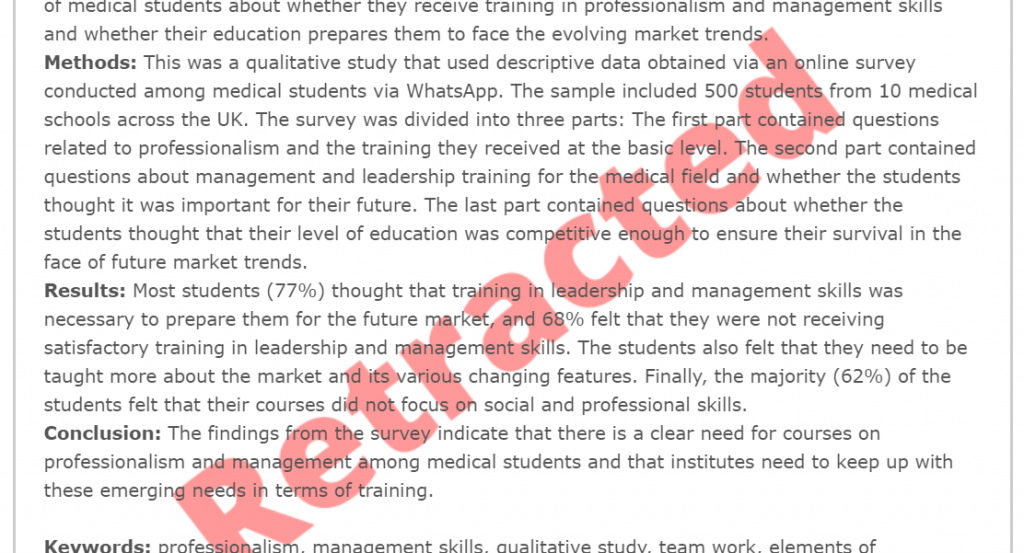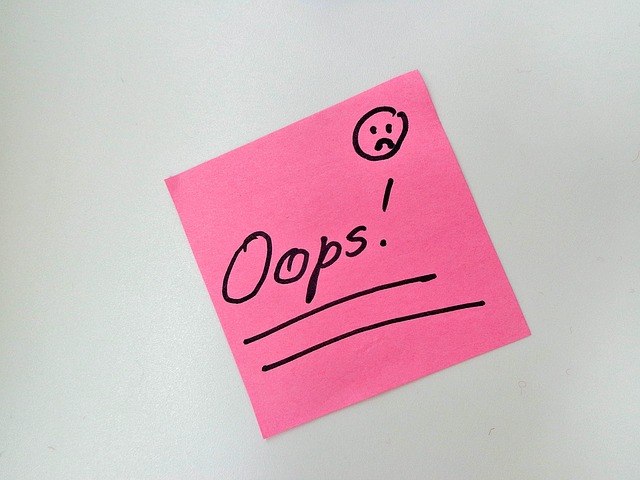Two former professors and a former graduate student at Osaka Dental University in Japan reused images between three published articles, according to the findings of an institutional investigation.
The school released the findings of its investigation in January, with a full report in Japanese. The university has not responded to our request for comment.
According to a machine translation of the report, the university found former graduate student Helin Xing, former assistant professor Isao Yamawaki, and former associate professor Yoichiro Taguchi were involved in misconduct. A recent paper of Taguchi’s lists his affiliation as Matsumoto Dental University in Nagano, Japan. He and Xing have not responded to our requests for comment. We were not able to find a current affiliation or email address for Yamawaki.
Continue reading Dental researchers fabricated data in two articles, university investigation found







